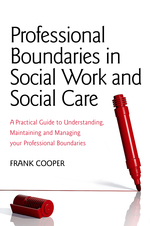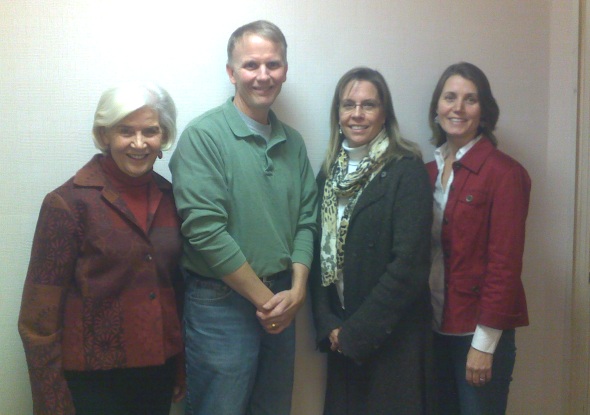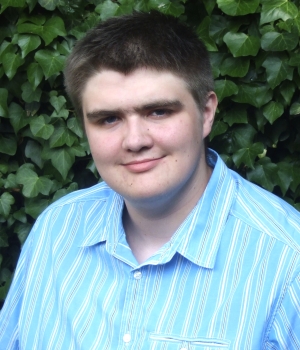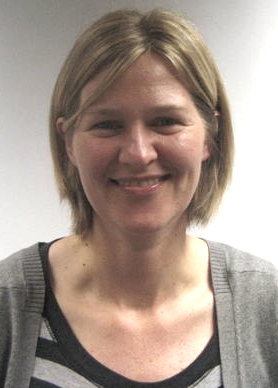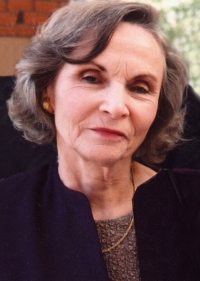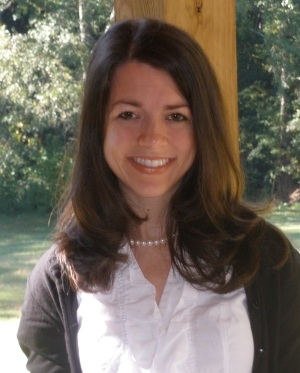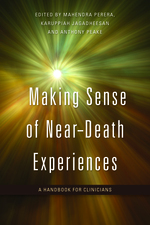Little Volcanoes: Helping Young Children and Their Parents to Deal with Anger – An Interview with Warwick Pudney
“Younger children have a much better chance to learn how to handle anger and do so easier. The formative years are really what we need to target. Giving young children simple but powerful words to express anger and hurt means many will have fewer problems with anger than older children… It’s also important for the young child to really get that ‘abusive behaviour is not OK’. Learning that 20 years later in a courtroom or through a painful break-up is so much harder on the person and society.”

